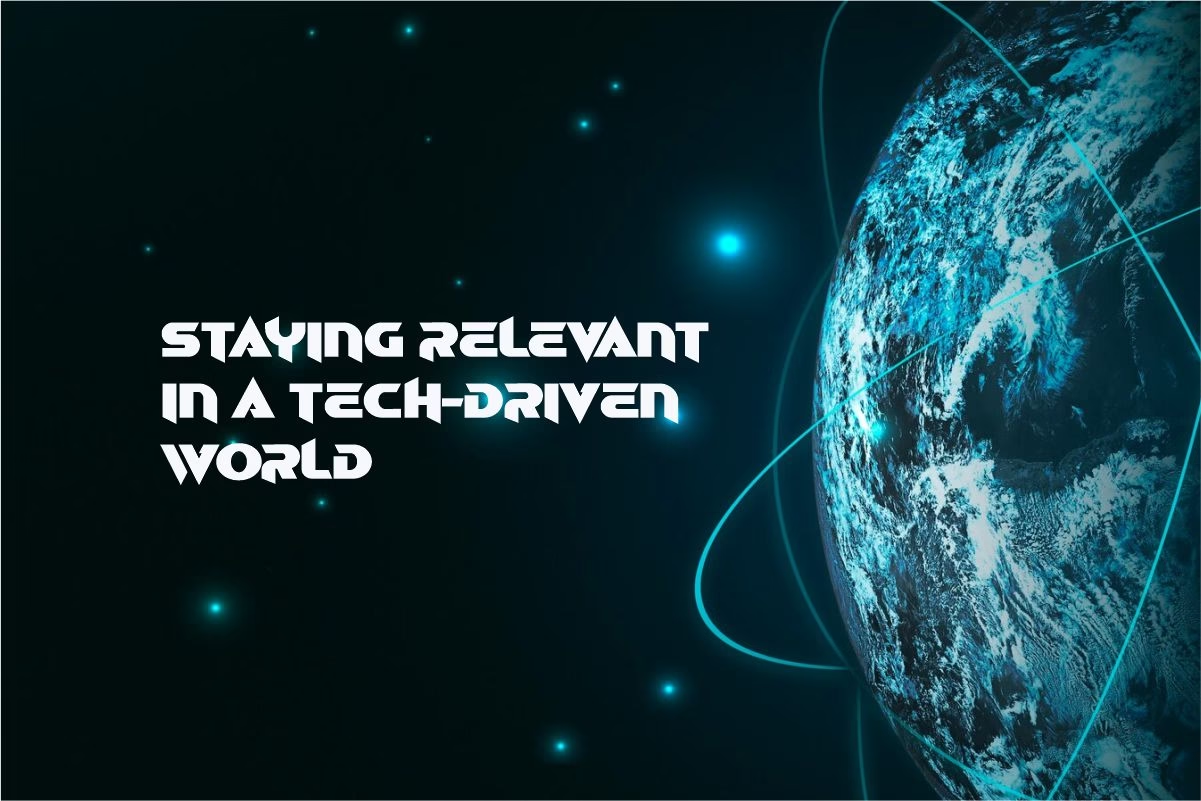There was a time when the digital revolution seemed like a distant future—something we discussed in conferences, envisioned in think tanks, and speculated about in passing conversations. But today, that future is here. The way we live, communicate, and engage with the world has been transformed by technology. And yet, many in ministry are struggling to keep pace with these changes.
Generational relevance in ministry is not just about upholding sound doctrine, building structures, and raising transgenerational leaders. While these are essential, a critical yet often overlooked factor is the ability to embrace flexibility and adaptability in response to emerging technologies.
Ministry is not static; it is dynamic, ever-evolving, and deeply intertwined with the realities of the times.
The Challenge: Ministry in a Rapidly Changing World
One of the most pressing challenges facing ministers today is the lack of adequate knowledge about modern technologies and how they can be effectively leveraged for personal, local church, and global kingdom advancement. Many ministers remain hesitant, either because of unfamiliarity, fear of change, or a lack of understanding of how these tools align with the work of the gospel.
However, history has consistently shown that those who refuse to embrace change often risk becoming obsolete.
The message of the gospel remains unchanging, but the methods through which it is communicated must evolve. The apostle Paul exemplified this in his ministry, adapting his approach to different cultures and audiences to effectively preach Christ (1 Corinthians 9:22-23). Likewise, we must be willing to embrace new platforms and tools that enable us to reach people where they are.
The Power of Technology in Ministry: Learning from Trailblazers
Some visionary ministers are already leading the way in integrating technology into ministry. A striking example is Pastor W.F. Kumuyi of Deeper Life Bible Church, who launched Ask Kumuyi—an AI-powered platform designed to make over 5,000 datasets of his teachings available in multiple languages. This tool is accessible via a website and WhatsApp, allowing believers worldwide to gain scriptural insight with ease. This is not just technological adoption; it is strategic kingdom advancement.

This initiative highlights an important truth: technology, when harnessed correctly, can significantly amplify the reach of the gospel. Imagine if the early apostles had access to the digital leverage we have today. What would they have done with social media, online courses, podcasts, and AI-powered discipleship tools? The answer is clear: they would have used them to spread the gospel further and faster than ever before.
Addressing the Concerns: Technology vs. Tradition
It is understandable that some ministers and believers express concern about relying too much on technology. There is a fear that digital tools might replace personal interactions, weaken community bonds, or introduce distractions into spiritual life. However, technology is not inherently good or bad—it is simply a tool. The key is in how we use it.
Jesus Himself used the most effective communication methods of His time—parables, storytelling, and open-air preaching—to ensure His message resonated with the people. Similarly, we are called to use the best available tools of our time to communicate the gospel effectively.
Rather than resisting technology, we must establish guidelines for its use in ministry. It should serve as an enabler, not a replacement, for authentic discipleship, community building, and spiritual growth.
A Call to Embrace and Innovate
If the future of ministry, relevance depends on our willingness to adapt, then the call is clear—embrace learning and innovation. Here are some practical steps to start with:
- Develop Digital Literacy: Take courses or attend workshops on emerging technologies and digital tools relevant to ministry.
- Experiment with New Platforms: Whether it’s live-streaming sermons, launching a podcast, or engaging in AI-driven discipleship, explore ways to use technology to enhance your ministry.
- Engage Younger Generations: Many young people are already immersed in digital culture. Seek to understand their world and collaborate with them to create innovative ministry solutions.
- Stay Grounded in the Word: While adopting technology, remain deeply rooted in biblical truth. The gospel message should never be compromised in the name of modernity.
The Future is Not to Be Feared, But Embraced
The future is here, and it is calling the church to step forward boldly. Technology is not the enemy; ignorance and resistance to change are. The church must remain relevant, not by diluting its message, but by delivering it in ways that reach and impact today’s world.
The words of Isaiah 43:19 resonate powerfully in this time: “See, I am doing a new thing! Now it springs up; do you not perceive it?” The question remains: Will we perceive it and take action, or will we watch from the sidelines as the world moves forward?
The choice is ours. The time to act is now.






